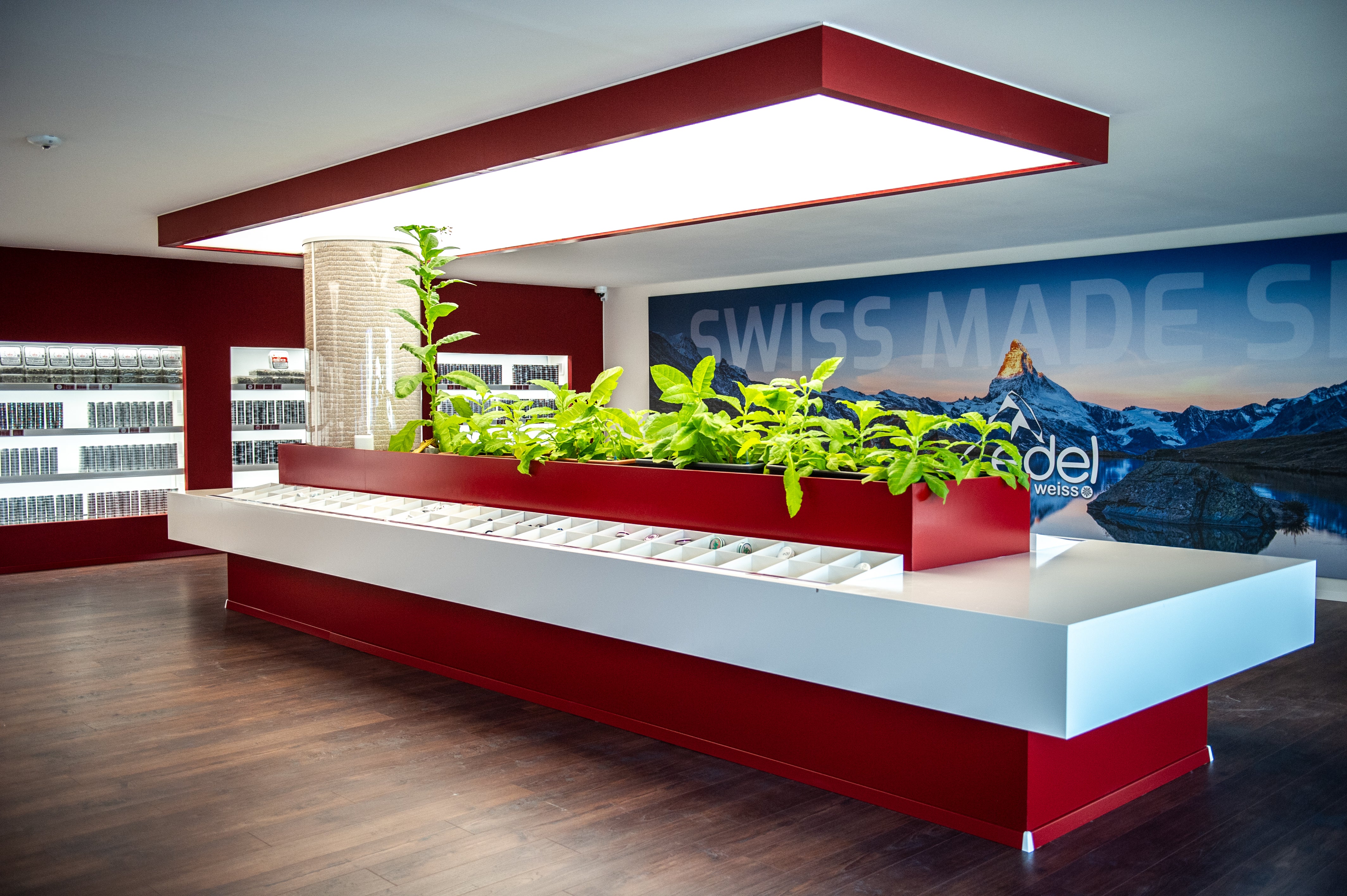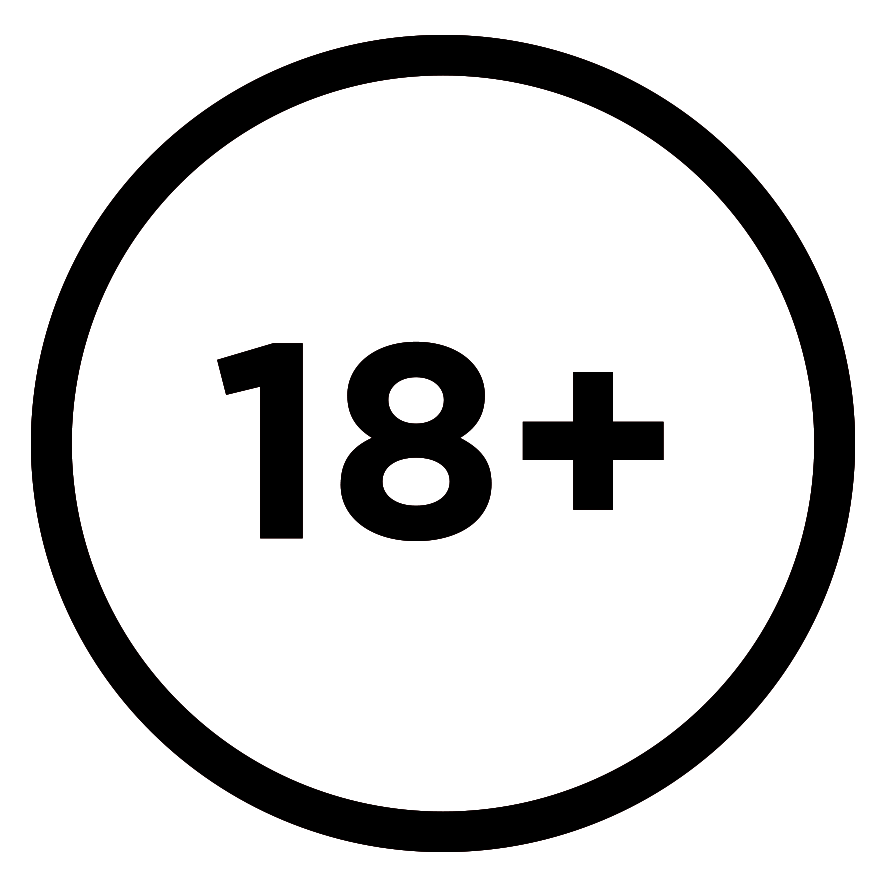Snus refers to nicotine-containing pouches that are placed under the upper lip when consumed. In Sweden, the country of origin of snus, it is more popular and widespread than cigarettes. However, in many other EU countries, the sale of snus remains illegal. Switzerland decided to legalise the sale of snus in the hope of reducing cigarette consumption in its own country.
In this article, we will take a close look at the legal situation and legality of snus in Switzerland and clarify why the sale and consumption of snus is now considered legal here.
Why was the commercial sale of snus considered illegal in Switzerland until 2019?
Since 1992, a ban against the sale (but not the consumption) of snus has been in force in Europe according to Article 2.4 of Directive 92/41/EEC. This law was imposed after a WHO study classified certain oral tobacco products as carcinogenic and after American tobacco companies aggressively marketed this new tobacco product, which was largely unknown in the EU. Ironically, the so-called nitrosamines in this North American type of snus were mainly to blame for this ruling. In Sweden, snus production has long been regulated by the Food Administration, which is why there are no harmful nitrosamines in Swedish snus. Fortunately, Sweden was still able to win an exemption for their tradition, which is why snus remains legal in Sweden, while the EU bans the sale of snus and continues to allow other, more harmful tobacco products, such as cigarettes, e-cigarettes, chewing tobacco or snuff.
Switzerland has partially adopted the EU ban and thus only allows the private import of snus for private use. Accordingly, the ban against oral tobacco products applies to "all products intended for oral use which consist wholly or partly of tobacco, whether in the form of a powder or of fine-grained granules (...) with the exception of products intended to be smoked or chewed." As long as oral tobacco pouches do not have a fine-grained or powdery consistency, these products are considered chewing tobacco and were therefore at times available in distribution well before legalisation, despite the ban on snus.
What about personal use in Switzerland?
The commercial distribution of snus was banned until 2019 and only snus for personal consumption could be imported into Switzerland. However, in order to import snus, Swiss citizens had to pay high customs duties, endure long waiting times from Sweden and were limited to a maximum delivery of 1.2kg every 60 days. Imports of snus soared despite the high costs and the Federal Supreme Court decided to uphold the lack of a legal basis for the snus ban. So from now on it was allowed to distribute snus also from Switzerland. This was followed by direct importers such as snushus.ch, which significantly reduced costs as well as shipping time and massively improved the customer experience for snus consumers.
Why did Switzerland decide to legalise snus?
The health risks associated with the consumption of snus are significantly lower than those associated with cigarettes. This is clearly illustrated by the example of Sweden, where the rate of patients with lung cancer is considerably lower than in other countries where the sale of snus has not yet been legalised. Nevertheless, the decision was not made out of this decision, but it was enforced by the courts.
The renewed debate was triggered when an importer wanted to import almost 250 kg of chewing tobacco into Switzerland and was stopped by the customs authorities because the cargo was classified as snus and thus violated the Food Ordinance. That snus should endanger health "in an unexpected way" was challenged and successfully refuted.
When was the sale of snus legalised in Switzerland?
Since May 2019, the sale and consumption of snus is considered legal in Switzerland. The Federal Administrative Court ruled that there is no legal basis for the prohibition of snus and that the consumption of snus is not associated with an immediate health risk, comparable to other stimulants such as cigarettes and alcohol.
Initially, the dry portion, i.e. the dry variety of snus, was considered illegal in Switzerland, as it is one of the strong snus varieties and contains comparatively more nicotine. With the legalisation of snus, this law has now also been repealed, which means that snus is legally available in Switzerland as Original, Dry and White Dry Portion and can be bought and consumed as desired.
Will snus be legalised in other countries in the future?
Studies from different countries prove that diseases such as cancer or cardiovascular diseases occur less frequently when consuming snus than when smoking cigarettes. When smoking, many of the toxins contained in the cigarette get into the environment through combustion and are directly ingested by the smoker. However, snus is a smoke-free product and therefore less harmful to health. The New Nicotine Alliance (NNA) therefore continues to fight for the legalisation of snus in the EU to make snus a less harmful substitute for cigarettes.
By the way, it is not only the sale of snus in EU countries that is problematic, as it is also subject to certain restrictions in other countries such as America and Australia. With the increasing popularity of snus, it may only be a matter of time before the EU follows Switzerland's example and legalises it in other parts of the world as well. However, there are also voices that consider a legalisation of tobacco snus in the EU to be impossible, with the market moving more and more towards nicotine-free nicotine pouches and this ban on tobacco snus thus perhaps having less of an impact on snus consumers in Europe in the future.




 Dieses Produkt schädigt Ihre Gesundheit und macht stark abhängig.
Dieses Produkt schädigt Ihre Gesundheit und macht stark abhängig.